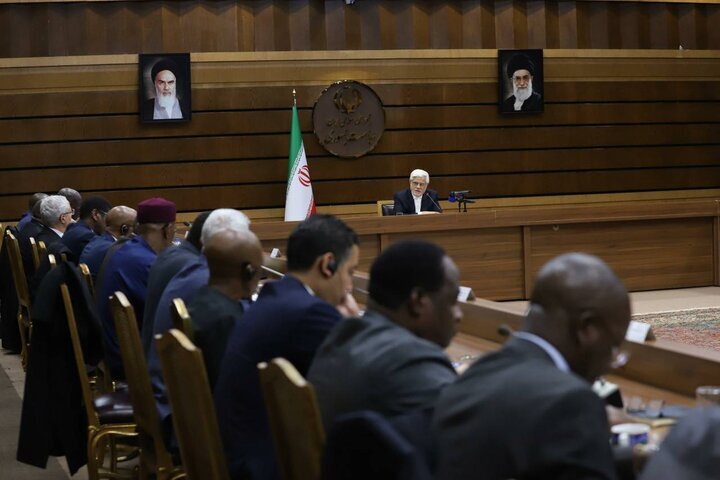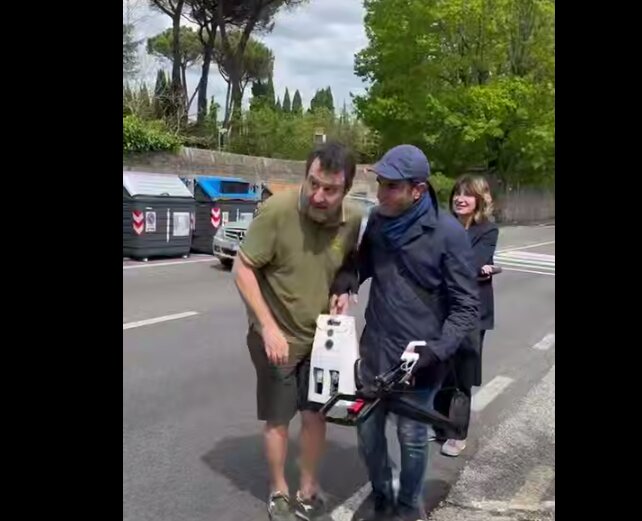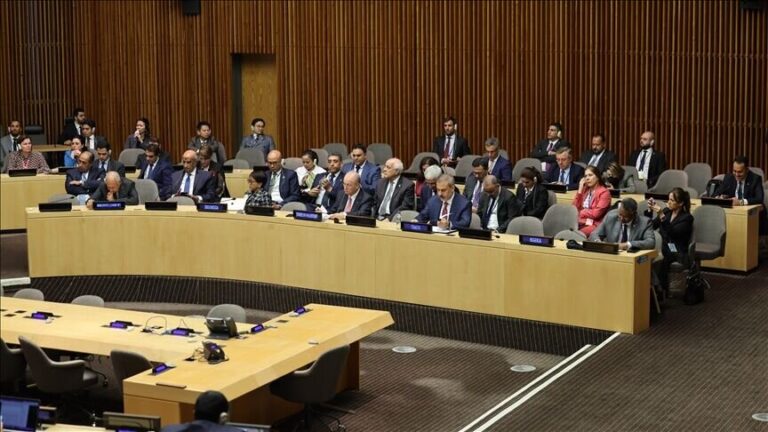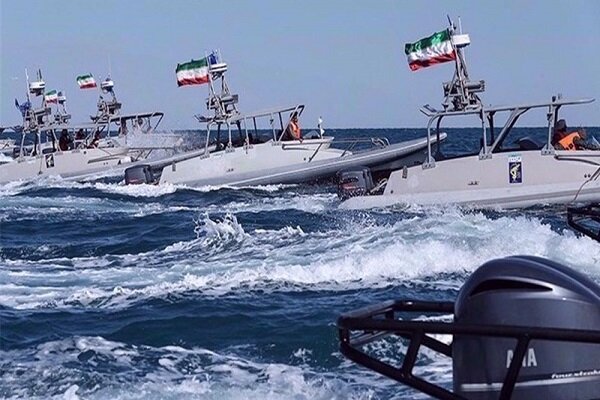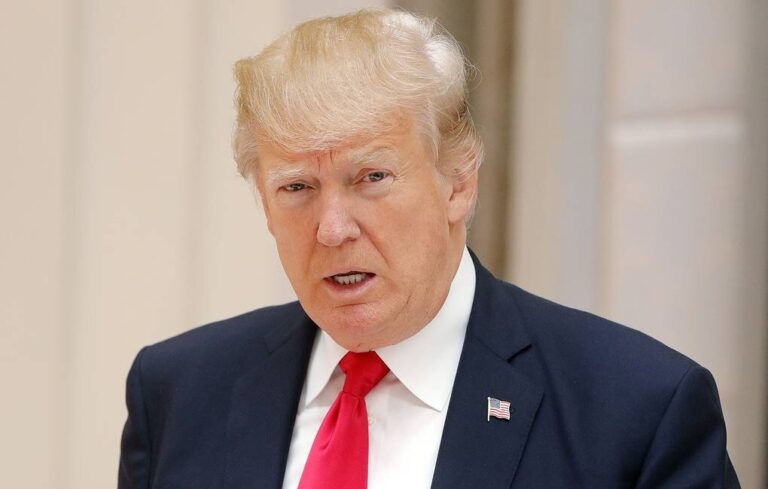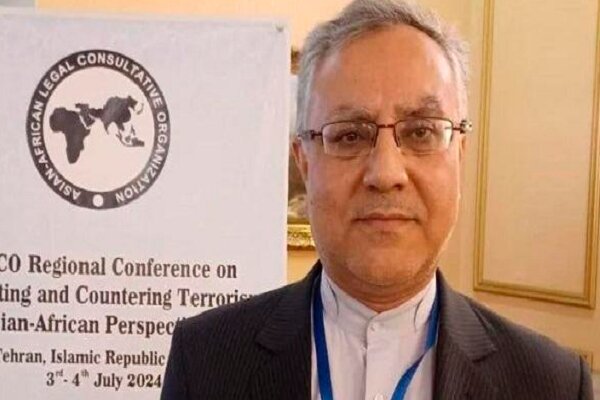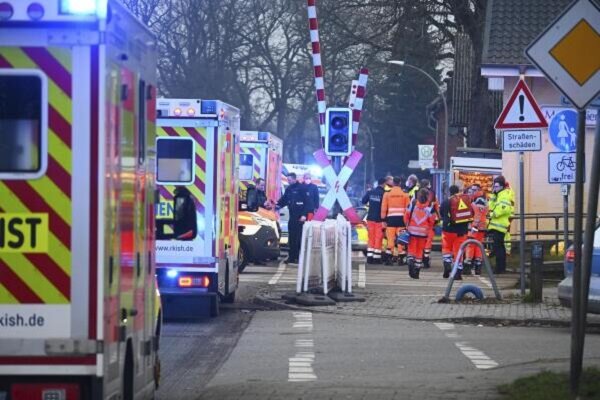Empowering Diplomacy: How African Envoys Strengthen International Relations
In a recent meeting with the heads of missions from African nations in Iran, a prominent Iranian official discussed the impact of US and Western sanctions on the Iranian populace and government. He highlighted the stark contrast between the reality of Iranian society and the narratives propagated by Western countries. This meeting sheds light on Iran’s position on international relations, particularly with developing nations.
The Iranian vice president, Aref, expressed strong sentiments regarding the sanctions, stating that the Western civilization, while promoting the idea of freedom, often neglects the essential rights of developing countries. He emphasized that these nations are frequently subjected to dominance and manipulation through international organizations by Western powers.
During his address, Aref also elaborated on Iran’s commitment to peaceful nuclear activities. He reiterated that Iran’s strategy concerning nuclear energy is focused on ensuring that all countries have access to advanced technologies. The ultimate goal is to foster welfare, peace, and improved living standards across the globe.
Here are some key points from Aref’s remarks:
- Sanctions Impact: The sanctions imposed by the US and Western nations are viewed as cruel and detrimental to the Iranian people.
- Misrepresentation by the West: The realities of Iranian society starkly differ from the image projected by Western media.
- Nuclear Strategy: Iran advocates for the peaceful use of nuclear energy, emphasizing that it should benefit all countries.
- Technological Advancement: The country aims to leverage nuclear technology for health, technology, and agriculture.
- African Potential: With a population of 1.4 billion and abundant natural resources, Africa holds significant promise for development and collaboration.
Aref’s remarks also touched on the potential for collaboration between Iran and African countries. He pointed out that Africa, consisting of 54 nations, is endowed with young and talented individuals and possesses rich natural resources. This creates lucrative target markets that could be mutually beneficial for both Iran and African nations.
The vice president’s emphasis on cooperation reflects a broader strategy to enhance diplomatic relations with the African continent. He believes that by sharing technology and expertise, both regions can work together to achieve sustainable development and mutual prosperity.
Furthermore, Aref’s commitment to peaceful nuclear energy aligns with Iran’s long-standing policy of promoting nuclear technology for non-military purposes. This approach is seen as a way to counteract negative perceptions and demonstrate Iran’s dedication to global peace and development.
In conclusion, the discussions held by Aref with African diplomats highlight Iran’s desire to forge stronger ties with developing nations. By addressing the challenges posed by sanctions and advocating for equitable access to technology, Iran aims to position itself as a leader in promoting peaceful nuclear energy and fostering international cooperation.
As the global landscape continues to evolve, the importance of dialogue and collaboration among nations becomes increasingly apparent. Iran’s outreach to Africa may serve as a stepping stone towards a more inclusive international community, where developing countries can assert their rights and contribute to global progress.
Through these initiatives, Iran underscores its commitment to not only improving its own circumstances but also uplifting other nations facing similar challenges. The emphasis on shared advancements in technology, particularly in the fields of health and agriculture, reflects a forward-thinking approach that prioritizes the well-being of all peoples.
Ultimately, the meeting with African nations signifies a pivotal moment for Iran as it seeks to navigate the complexities of international relations while advocating for the rights and interests of developing countries on a global scale.
